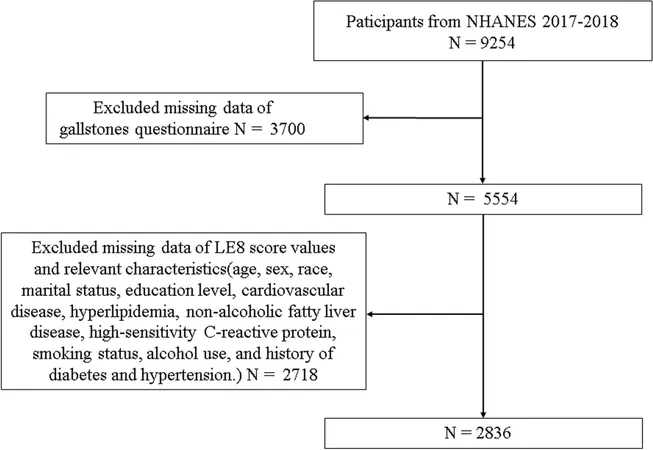
Allianz Withdraws from Income Insurance Acquisition Amid Government Concerns: What’s Next?
2024-12-16
Author: Rajesh
Allianz's Withdrawal from Acquisition
SINGAPORE - In a significant turn of events, German insurance giant Allianz announced on December 16 that it has officially pulled its bid to acquire a majority stake in Income Insurance. This decision comes after intervention from the Singapore government, which raised critical concerns about the potential implications of the acquisition for the company’s social mission.
Allianz had initially planned to purchase a 51% stake in Income Insurance for approximately S$2.2 billion (US$1.6 billion). At that time, NTUC Enterprise, the parent company of Income, expressed intentions to remain a "substantial" shareholder post-sale. However, the deal sparked public uproar, with many questioning whether Income would be able to continue serving its foundational mission to assist low-income workers.
Government Intervention
On October 14, Culture, Community and Youth Minister Edwin Tong interrupted the process, asserting that the proposed arrangement did not align with the public interest. Despite the concerns, the government has indicated a willingness to explore alternative arrangements if the highlighted issues are adequately addressed.
Allianz's Response
In light of the government's objections, Allianz stated in their latest media release that they have decided to withdraw their offer, which reflects their commitment to financial discipline. The company emphasized its belief in being the right partner to support Income’s growth and reaffirmed their shared values throughout their discussions.
Renate Wagner, a member of Allianz’s board, expressed regret over the decision but reiterated respect for the Singapore government's stance. "We believed that merging Allianz and Income would create two strong entities benefiting both policyholders and a broader customer base in Singapore," she added.
NTUC Enterprise's Position
NTUC Enterprise acknowledged Allianz's withdrawal, attributing it to legislative concerns impacting the agreement. The organization highlighted that seeking a strategic partner was primarily to enhance Income Insurance's financial stability, particularly amidst economic uncertainties. As a prime example, during the COVID-19 pandemic, NTUC Enterprise had to inject S$100 million to support Income's solvency, along with an additional S$300 million in reserve.
Financial Stability Concerns
Further complicating matters, NTUC Enterprise previously issued S$800 million in subordinated bonds to safeguard against financial instability. This raised fears that prolonged crises could burden NTUC Enterprise alone with supporting Income Insurance, reinforcing the rationale for considering external partnerships.
Public Outcry and Criticism
The public outcry surrounding the Allianz-Income deal underscores the tension between corporate objectives and social responsibilities. Critics, including former NTUC Income CEO Tan Kin Lian and ambassador-at-large Tommy Koh, label the proposed acquisition as a potential "breach of good faith," given NTUC’s assurances of maintaining majority ownership during Income’s corporatization in 2022.
Government's Stance
Minister Edwin Tong clarified that while the government does not question Allianz's capability, concerns stem from the specific terms and structure of the deal. Prime Minister Lawrence Wong echoed these sentiments, stating the government’s support for finding a robust partner to strengthen Income Insurance's market position, emphasizing that assurances made during the corporatization process must be honored.
Looking Forward
Looking forward, NTUC Enterprise plans to take time to reassess strategic options that could help bolster Income Insurance’s resilience as they continue to navigate an unpredictable economic landscape. Insiders suggest that ensuring regulatory capital adequacy will remain paramount in safeguarding the interests of Income Insurance’s policyholders moving forward.
Conclusion
The Allianz-Income acquisition saga highlights the complex interplay between corporate strategy and community trust, setting the stage for ongoing discussion about the future of insurance partnerships in Singapore.



 Brasil (PT)
Brasil (PT)
 Canada (EN)
Canada (EN)
 Chile (ES)
Chile (ES)
 España (ES)
España (ES)
 France (FR)
France (FR)
 Hong Kong (EN)
Hong Kong (EN)
 Italia (IT)
Italia (IT)
 日本 (JA)
日本 (JA)
 Magyarország (HU)
Magyarország (HU)
 Norge (NO)
Norge (NO)
 Polska (PL)
Polska (PL)
 Schweiz (DE)
Schweiz (DE)
 Singapore (EN)
Singapore (EN)
 Sverige (SV)
Sverige (SV)
 Suomi (FI)
Suomi (FI)
 Türkiye (TR)
Türkiye (TR)